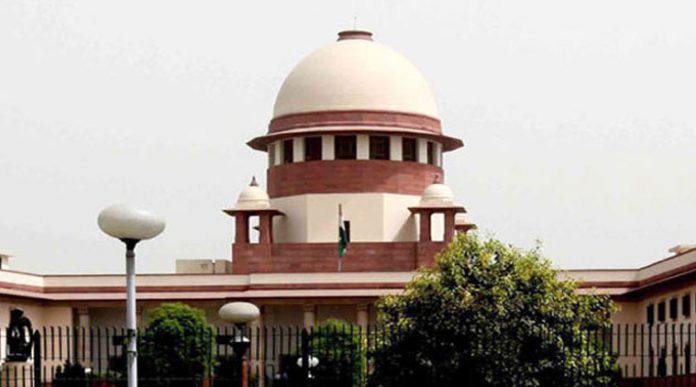Supreme Court Landmark Judgment- Rajesh Sharma v. The State of Uttar Pradesh, 201 (8) SCALE 313
In this case, the Supreme Court was confronted with a plea for issuing directions with regard to the cases relating to the offence of Dowry so that the victimization and harassment of the innocent husbands and their relatives could be stopped.
In this case the wife was the complainant and she filed a case against the Appellant in this case who was her husband and also the Appellants family members.
She alleged that the Appellants had made demands for dowry and when she was pregnant she was harassed by the appellants and the same also lead to the termination of her pregnancy.
The appellants were summoned by the trial court after it was shown that a prima facie case was made out. The appellants went to the High Court of Allahabad for getting the summons quashed and the same was dismissed by the High Court of Allahabad. Hence the Appellants filed an appeal before the Supreme Court against the order of the High Court.
The Supreme Court recognized and accepted that there was a gross misuse of the Penal provisions which was rampant in the society. It accepted that action had to be taken in order to restore the provisions back to their original objective in light of the human rights of the innocent.
The Supreme Court after carefully considering all the existing circumstances and the core issues at hand laid down several guidelines for screening the cases which were fraudulently filed in an act of vengeance or revenge.
Directions were issued for the constitution of a Family Welfare Committee by the District Legal Services Authority which would comprise of three members. The objective of the committee would be to look into every complaint which is made to the police or the magistrate and it would make a report on the complaint comprising of its views on the initial facts and circumstances.
It was held that none of the accused must be arrested until the time the committee has not placed on record its report. The objective behind the committee was to screen the genuine cases from the frivolous ones thereby granting a relief to the individuals who were victims of false and malicious complaints.
It was further directed that the accused persons who are not in the territory be exempted from making personal appearances in the court and their appearances be marked by way of video conferencing.
This was a landmark case since it not only recognized but also attempted to put a measure of checks and balances when dealing with penal provisions which were being misused by some women. However, the guidelines with regard to the Family Welfare Committee were done away by a recent case decided by the Supreme Court in the case of Social Action Forum for Manav Adhikar v. Union of India, Ministry of Law and Justice, 2018 (4) KHC 508 (SC).
Although the effect of the ruling in Rajesh Sharma’s case has been done away with but still it was a paradigm shift in the position and the dialogue of the courts. The ruling has lead to a working of a model for a precautionary measure which can be debated and looked into by the Parliament in order to combat the misuse of the dowry laws.





